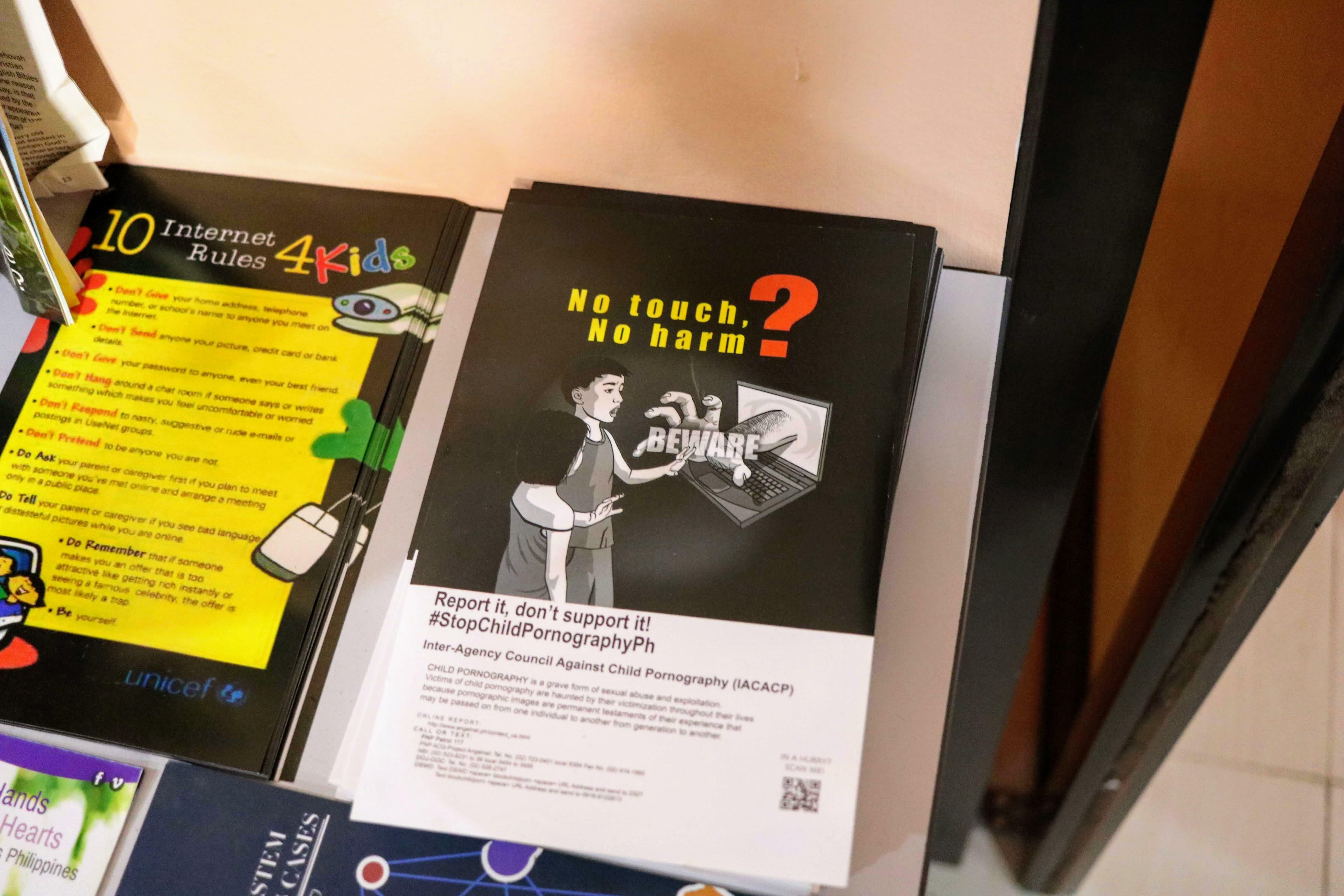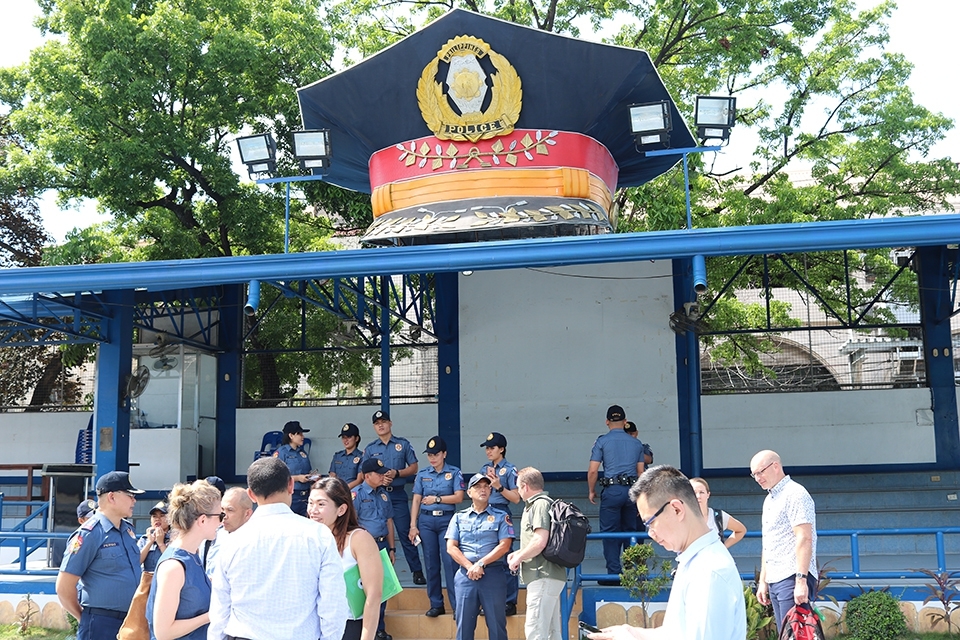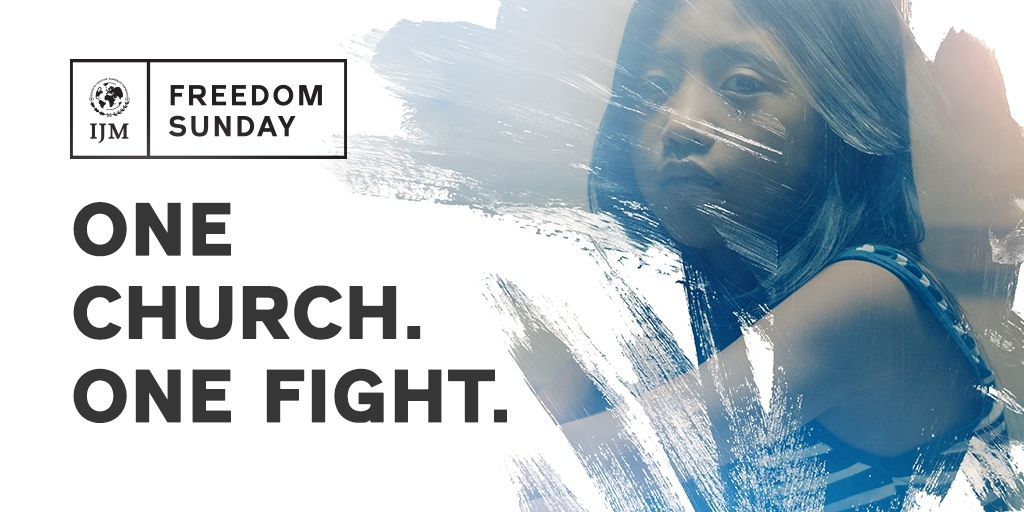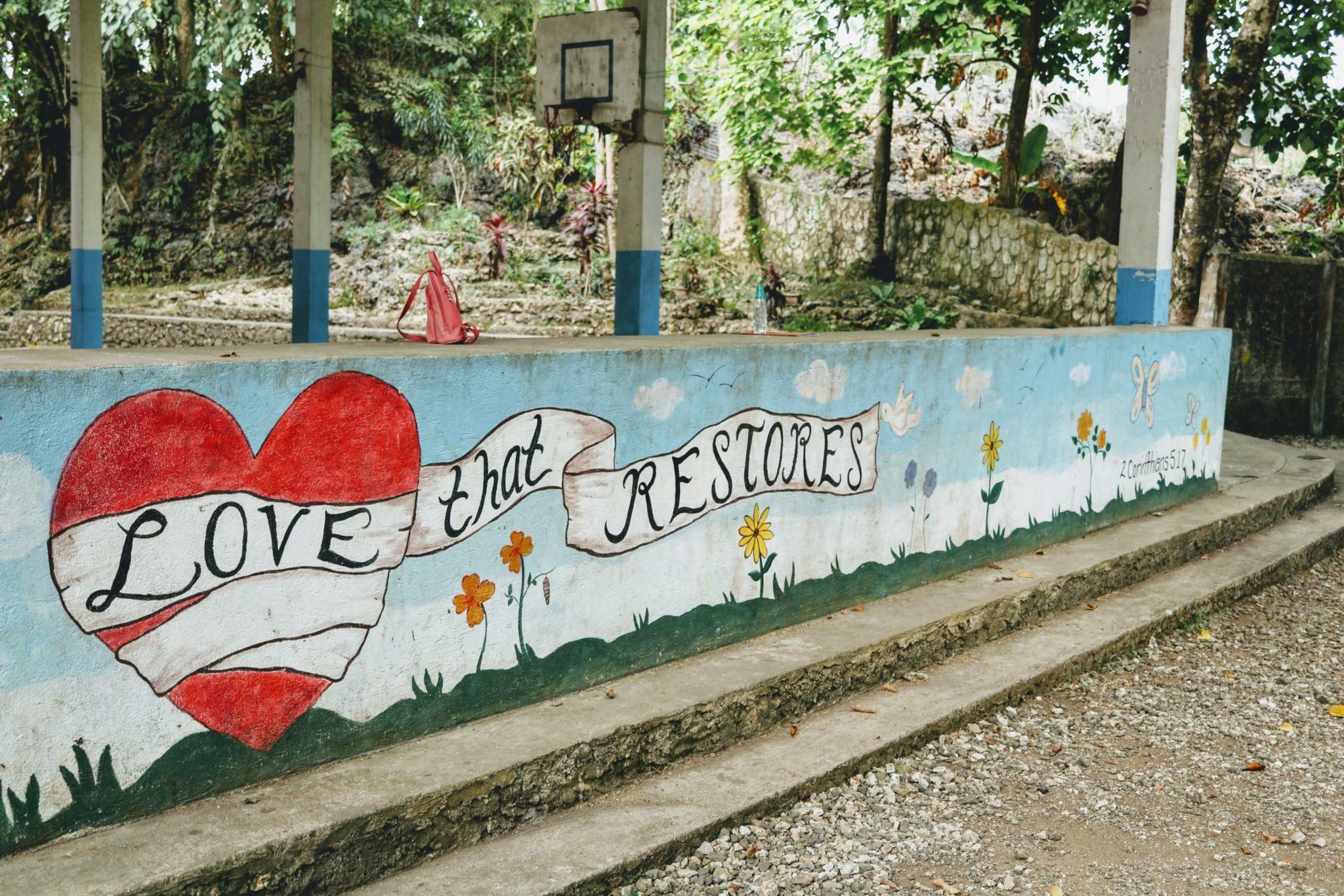
The Lollipop Problem

The world has a lollipop problem.
I’m not referring to our addiction to sugary snacks— but something much darker. Something more sinister. It is an unspoken epidemic that is facing our world and destroying the lives of women, men and children.
“Lollipop” is a term sex offenders, predators and pedophiles use for victims of child pornography.
Every 12 hours, 10,824 new images of child pornography (also known as child sexual abuse images) are detected online*. Every month, the Philippines receives more than a thousand tips regarding the online sexual exploitation of children (OSEC), also known as cybersex trafficking**.

Cybersex trafficking is a form of modern-day slavery that was unimaginable before the creation of the internet. It is the live sexual abuse of children streamed via the internet, set up by adults who receive online payments from predators and pedophiles located anywhere in the world, including Canada. The more money that is offered, the worse the abuse is.
To address the epidemic of cybersex trafficking, IJM has been partnering with local government, police, prosecutors, churches and non-profits in the Philippines to rescue victims, bring criminals to justice, restore survivors and strengthen justice systems.

Stepping into the bone-chilling reality
I had the opportunity to learn more about IJM’s work combatting cybersex trafficking in the Philippines in May 2019. I joined a group of IJM staff and supporters from Canada and Singapore and travelled to the city of Cebu.
Our travel group differed in age, ethnicity, gender and nationality, but we were united by two commonalities: we are followers of Jesus, and we want to end this sickening form of slavery.
During our time in Cebu, we had the opportunity to meet and learn from IJM’s field staff. From investigators and social workers, to lawyers and church mobilizers, each one of these modern-day abolitionists is committed to ending the problem of cybersex trafficking in the Philippines.
I heard many harrowing stories of violent abuse inflicted on young children. Children—both boys and girls—are being sexually abused in front of laptops, smartphones, and cameras for paying customers in countries like Canada.
I was stunned when I learned that one of the youngest victims IJM has rescued from cybersex trafficking in the Philippines was a 2-month-old baby***.





An empowered homecoming
Since coming home from the Philippines I have felt burdened by the stories of abuse and violence I listened to from the lips of the abused. I’ve felt haunted by the memory of driving by the homes where this abuse happens. I’ve been changed by the young children I met in the aftercare shelter who, once trafficked and abused, now sing and dance with joy and freedom. I’m reminded of the little boys and girls who played games with me, who laughed with me (or at me) and asked me all kinds of questions about my life in Canada. I'm encouraged by survivors I met, like Joy****, who are now advocates against slavery.
I have also carried home with me a deep sense of encouragement. I am deeply motivated from meeting fellow Jesus followers working against this evil, meeting survivors of cybersex trafficking who are now restored and empowered advocates against slavery.
I have a restored vision and hope that though the world does have a lollipop problem, it also has the global Church to end it.
"As Christians, we are called to stand up against the injustices committed against our neighbours, especially children who are vulnerable to abuse, slavery and violence."





We have a holy mandate
As Christians, we are called to stand up against the injustices committed against our neighbours, especially children who are vulnerable to abuse, slavery and violence.
Jesus has a special affinity for the life and livelihoods of children. In Matthew 18, Jesus taught his followers about having a child-like faith and protecting the innocence of children:
“If anyone causes one of these little ones—those who believe in me—to stumble, it would be better for them to have a large millstone hung around their neck and to be drowned in the depths of the sea.”
As followers of Christ in Canada, we have a unique opportunity to partner with what God is doing to end cybersex trafficking in the Philippines. We each have a role to play.

On September 22nd, churches across Canada will be participating in Freedom Sunday—a growing movement across the world consisting of churches who are committed to ending slavery in our lifetime.
Visit FreedomSunday.ca to learn more and to take action to end the lollipop problem.
Cameron Phillips is the Church Mobilization Coordinator for IJM Canada. He lives in London, ON with his wife Laura.

*Source: Canadian Centre for Child Protection
**Source: IJM Case Data
***Source: Philippines Department of Justice
****A pseudonym